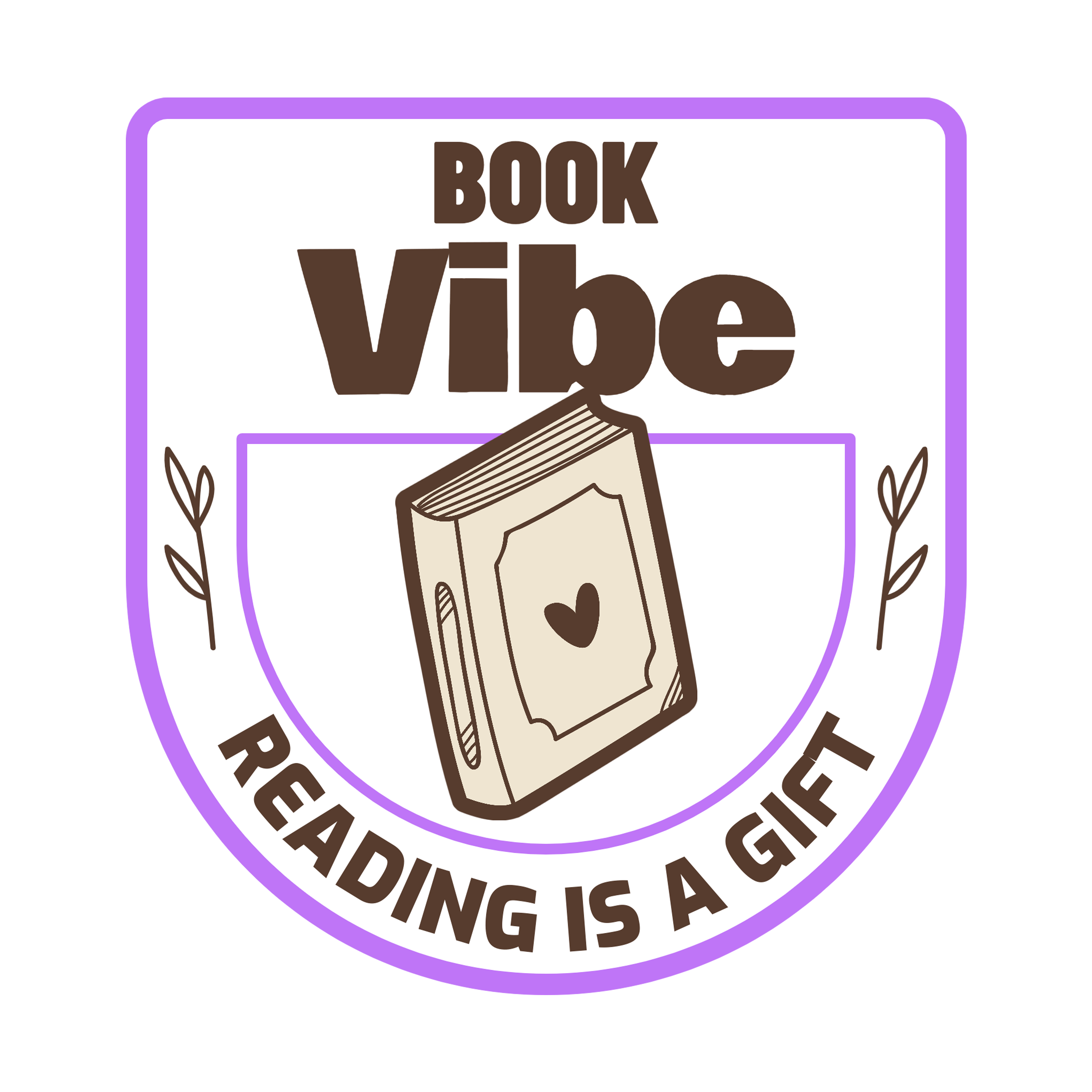
Did you know that 70% of Americans admit to engaging in some form of infidelity during their lifetime? Shocking, right? Cheating isn’t just a betrayal—it’s a complex web of emotions, motivations, and consequences. Whether it’s emotional or physical, infidelity leaves scars that are hard to heal. But here’s the good news: books can be a powerful tool to help you understand why people cheat, how to cope, and even how to rebuild trust. In this post, we’ll explore a curated list of books that dive deep into the psychology of cheating, offering insights and guidance for anyone seeking clarity and healing.
Why People Cheat: Insights from Psychology
Common Triggers and Motivations
Cheating often stems from unmet emotional or physical needs. It’s not always about sex; sometimes, it’s about feeling seen, valued, or desired. According to Esther Perel, author of The State of Affairs, many affairs are fueled by a longing for attention or validation. When someone feels neglected or unappreciated in their relationship, they may seek that connection elsewhere.
Key triggers include:
- Lack of Emotional Intimacy: Feeling disconnected or unheard.
- Desire for Novelty: The thrill of something new and exciting.
- Low Self-Esteem: Using external validation to feel worthy.
Books like The State of Affairs provide a compassionate lens to understand these motivations and offer tools to rebuild trust.
The Role of Personality and Environment
Personality traits and external factors also play a significant role. Impulsivity, low conscientiousness, or a high need for excitement can make someone more prone to infidelity. Environmental factors, like workplace dynamics or frequent travel, can create opportunities for cheating.
Wayne & Tamara Mitchell’s Cheating in a Nutshell explores how these traits and circumstances intersect, offering insights into why some people stray.
For instance:
- Impulsivity: Acting without considering consequences.
- Opportunity: Situations that make cheating easier, like long-distance relationships.
If you suspect infidelity, you might even wonder how to read cheating spouse text messages free—a thought that reflects the deep need for clarity and closure.
Fictional Stories That Explore Cheating
Lessons from Literary Love Triangles
Some of the most compelling stories about infidelity come from classic and modern literature. These novels don’t just entertain—they offer profound insights into human behavior and relationships. Take Anna Karenina by Leo Tolstoy, for example. It’s a heartbreaking tale of love, betrayal, and societal judgment. Anna’s affair with Count Vronsky reveals the emotional turmoil and consequences of infidelity.
Another timeless example is The Great Gatsby by F. Scott Fitzgerald. The tangled relationships between Gatsby, Daisy, and Tom highlight themes of longing, deception, and the pursuit of unattainable dreams. These stories remind us that infidelity is as much about the cheater’s inner struggles as it is about the act itself.
Emotional Depth in Cheating Narratives
Modern novels like Gone Girl by Gillian Flynn take a darker, more psychological approach. This thriller dives into the complexities of a marriage riddled with secrets and manipulation. It’s a masterclass in understanding the emotional layers of betrayal.
Books like these not only captivate but also teach us to recognize patterns and behaviors. They might even inspire you to explore psychological tricks to catch a cheater, offering a deeper understanding of what drives infidelity and how to navigate its aftermath.
These narratives show that healing starts with understanding—and sometimes, a good book is the best place to begin.
Healing After Infidelity: Books That Help
Rebuilding Trust and Self-Esteem
Infidelity can shatter trust and leave you questioning your self-worth. But healing is possible, and books like After the Affair by Janis Abrahms Spring offer a roadmap. This book provides practical advice for both partners, focusing on rebuilding trust and regaining confidence. It’s a compassionate guide that helps you understand the emotional aftermath and take steps toward recovery.
Key takeaways from After the Affair:
- Learn how to process feelings of betrayal and anger.
- Discover strategies to rebuild trust in your relationship.
- Focus on personal growth and self-healing, whether you stay or leave.
Moving Forward: Forgiveness or Letting Go
Deciding whether to forgive or move on is one of the hardest choices after infidelity. Janis Abrahms Spring’s How Can I Forgive You? tackles this dilemma head-on. It offers a fresh perspective on forgiveness, emphasizing that it’s a choice, not an obligation.
This book helps you:
- Understand the difference between genuine forgiveness and letting go.
- Decide what’s best for your emotional well-being.
- Find closure, even if reconciliation isn’t possible.
These books remind us that healing is a journey. Whether you choose to rebuild or start anew, the right resources can guide you every step of the way.
How to Confront a Cheater
Confronting infidelity is one of the most emotionally charged moments in any relationship. The mix of anger, sadness, and betrayal can feel overwhelming. But how do you approach this conversation without letting emotions take over? Knowing how to confront someone about cheating can make all the difference.

Books like Difficult Conversations by Douglas Stone offer practical advice on handling tough discussions. They emphasize staying calm, focusing on facts, and expressing your feelings without escalating conflict.
Here’s a simple approach:
- Prepare Yourself: Reflect on what you want to say and how you feel.
- Choose the Right Time: Avoid public or high-stress moments.
- Stick to Facts: Share what you know without accusations.
- Express Your Feelings: Use “I” statements to communicate your hurt.
Remember, this conversation isn’t just about answers—it’s about finding clarity and closure. Books like After the Affair by Janis Abrahms Spring can also guide you through managing emotions and deciding your next steps. Facing infidelity is never easy, but the right tools can help you navigate it with strength and dignity.
Conclusion
Infidelity is a painful reality, but understanding it can help you heal and move forward. From exploring why people cheat to learning how to rebuild trust or let go, the right books can be your guide. Whether it’s The State of Affairs for insights, After the Affair for healing, or How Can I Forgive You? for closure, these resources offer clarity and support.
If you’re asking yourself, “is she cheating on me?”, take a step back and seek the tools you need to navigate this tough time. Start with one of these books—they might just be the first step toward finding peace.
